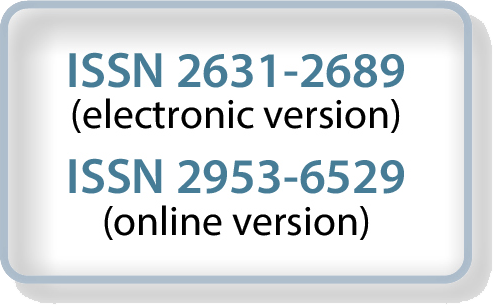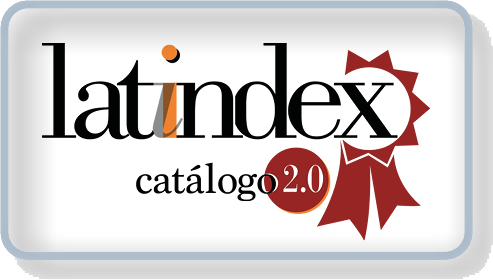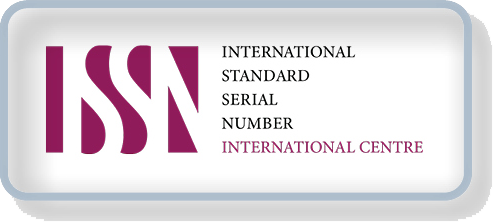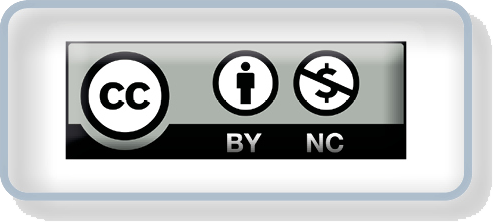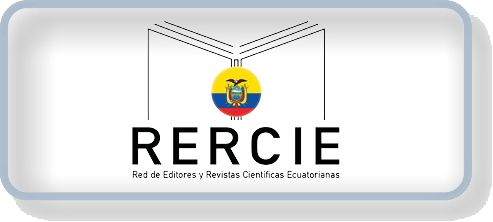Integrity in Peer Review
At "Un Espacio para la Ciencia" (UEPLC), we consider peer review to be one of the fundamental pillars in academic and scientific publishing. It is imperative to ensure integrity in the peer review process. The following are the key aspects that govern integrity in peer review at UEPLC:
- Impartiality and Objectivity: Reviewers should approach each manuscript with an impartial and objective attitude. They should not let their personal beliefs, institutional affiliations, or competing interests affect their judgment. Evaluations should be based solely on the scientific merit and academic quality of the work.
- Confidentiality: Maintaining the confidentiality of manuscripts during the review process is essential. Reviewers should not share or discuss the content of the manuscript with third parties, nor should they use the information for personal benefit.
- Respect for Double-Blind Review System: In accordance with the double-blind review methodology, reviewers should not attempt to identify the authors, and likewise, authors will not receive information about the identity of the reviewers. This ensures that the evaluation is conducted without bias and strictly based on the content of the manuscript.
- Constructive Comments: Reviewers should provide clear, concise, and constructive comments that help authors improve their work. Critiques should be respectful and evidence-based.
- Competence and Expertise: Reviewers should accept to evaluate only those manuscripts that fall within their area of expertise. If a reviewer believes they do not possess sufficient knowledge to evaluate a work, they should promptly inform the editors.
- Timeliness: It is essential for reviewers to complete their evaluations within the agreed-upon timeframe. This ensures that the publication process progresses efficiently.
- Declaration of Conflicts of Interest: If a reviewer has a conflict of interest, whether personal, financial, or academic, that may affect their impartial evaluation of the manuscript, they must inform the editors and refrain from participating in the review of the manuscript in question.
- Reporting Misconduct and Plagiarism: If a reviewer identifies a potential case of scientific misconduct, such as plagiarism or data falsification, they have the responsibility to report it to the editors.
By adhering to these principles of integrity in peer review, Un Espacio para la Ciencia seeks to ensure the quality, reliability, and validity of published research, thereby contributing to the progress of science and the advancement of knowledge.
Responsibilities in the Peer Review Process
- Responsibility of the Editorial Board
- Supervision and Coordination: The Editorial Board is responsible for the overall supervision of the editorial process, ensuring that all stages are conducted rigorously and in accordance with the journal's policies.
- Reviewer Selection: It must ensure the selection of reviewers with appropriate expertise and without conflicts of interest.
- Strategic Decisions: The Editorial Board is responsible for making strategic decisions regarding editorial policy, ensuring that the published content reflects the highest scientific and ethical standards.
- Conflict Mediation: The Editorial Board acts as a mediator in case conflicts arise during the review or publication process.
- Responsibility of the Editor
- Editorial Management: The editor is directly responsible for managing the editorial process, from the receipt of the manuscript to its publication.
- Communication and Coordination: The editor maintains communication with the authors, reviewers, and the Editorial Board, ensuring efficient and clear coordination throughout the process.
- Final Decision: The editor makes the final decision on the acceptance or rejection of manuscripts, based on the evaluations of the reviewers and the Editorial Board.
- Ensuring Ethics and Quality: The editor ensures that all published works meet the ethical and scientific quality standards.
- Responsibility of the Reviewers
- Objective Evaluation: Reviewers are responsible for evaluating manuscripts objectively and impartially, based solely on the quality and scientific merit of the work.
- Confidentiality: Reviewers must maintain the confidentiality of the manuscript's content during and after the review process.
- Constructive Feedback: Provide detailed and constructive feedback that helps authors improve their work.
- Conflict of Interest Reporting: If reviewers have any conflict of interest, they must inform the editor immediately and, if necessary, decline the review.
- Deadline Compliance: Reviewers must adhere to the established deadlines to ensure the smooth flow of the editorial process.
- Responsibility of the Authors
- Accuracy and Transparency: Authors are responsible for ensuring that all information presented in their manuscript is accurate and truthful.
- Compliance with Ethical Standards: Authors must comply with all ethical standards in research and publication, including the declaration of conflicts of interest and proper attribution of authorship.
- Response to Feedback: Authors are obliged to respond to reviewers' comments, making the necessary corrections and justifying any changes or disagreements.
- Responsibility of Copyeditors and Formatters
- Ensuring Clarity and Consistency: Copyeditors are responsible for ensuring that the manuscript adheres to the journal's style and format guidelines, enhancing the clarity and readability of the text without altering the scientific content.
- Error Review: They must identify and correct grammatical, punctuation, and stylistic errors, ensuring the manuscript is error-free before publication.
- Consistency in Citations and References: Verify that all citations and references are correctly formatted and consistent with the journal's guidelines.
- Responsibility of the System Supervisor (OJS)
- Platform Management: The system supervisor is responsible for the management and maintenance of the Open Journal Systems (OJS), ensuring that the platform functions correctly and is accessible to authors, reviewers, and editors.
- Data Curation and Security: Ensure the integrity, security, and proper curation of the data stored on the platform, including manuscripts, reviews, and communications.
- Facilitation of the Editorial Process: The supervisor must ensure that the workflow within OJS is efficient and that all parties involved have access to the necessary tools to perform their roles.
- Technical Support: Provide technical assistance and resolve any issues related to the platform to prevent interruptions in the editorial process.







